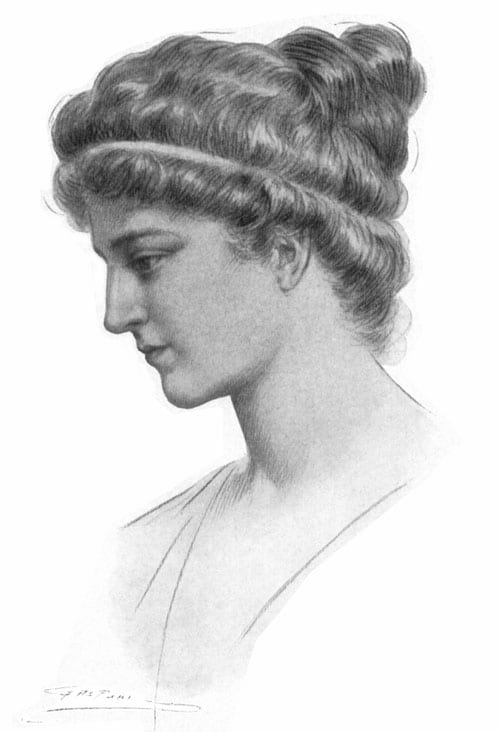For the first time in its 78-year history, a woman has won the prestigious Fields Medal for mathematics, widely regarded as the Noble Prize of mathematics.
Iranian-born, Harvard-educated, Stanford University professor Maryam Mirzakhani was one of four winners announced by the International Congress of Mathematics in Seoul.
Presented with the award by South Korea’s first female president, Park Geun-Hye, for her “striking and highly original contributions to geometry and dynamical systems”, Mirzakhani said that she hoped her win would encourage more women to pursue careers in the fields of maths and science.
“This is a great honour. I will be happy if it encourages young female scientists and mathematicians,” Professor Mirzakhani said in a statement on Stanford’s website.
“I am sure there will be many more women winning this kind of award in coming years.”
While Mirzakhani is the first female to receive the prestigious award, she joins a long history of female trailblazers in the field, dating back to ancient times.
While the first female mathematician has never been confirmed, Hypatia has been regarded as the first woman to have had a profound impact on early thought in mathematics, according to Smithsonian.
Following in the footsteps of her father, Theon, who often considered one of the most educated men in Alexandria, Egypt, she has been credited with the invention of the astrolabe, a device used to study astronomy.
She was killed by a mob of christian zealots in 415.
The first woman appointed as a university professor of mathematics was Maria Agnesi, a childhood prodigy and the oldest of 21 children. Penning a textbook to teach her brothers, it went on to become the first published textbook that dealt with both integral and differential calculus. Her appointment as chair of mathematics and natural philosophy at the Bologna Academy of Sciences in 1750 was considered a significant accomplishment during a period when few universities in Europe allowed women to study, much less to take on teaching positions.
Sophie Germain begun a lifelong study of of maths and geometry during the French revolution. Unable to receive a formal education because she was female, Germain adopted the male pseudonym Monsieur Le Blanc as a means of obtaining a university degree. She became the first woman to win a prize from the French Academy of Sciences, and was the first woman who was not a wife of a member to attend the Academy’s classes.
Florence Nightingale is perhaps most widely known as a pioneer of nursing and reform of hospital sanitation methods, but she was also instrumental in developing a new technique of statistical analysis, a pioneer in the visual presentation of information.
Ada Lovelace is considered the first computer programmer, writing her own set of notes about a machine that included a method for calculating a sequence of Bernoulli numbers, now acknowledged as the world’s first computer program.







